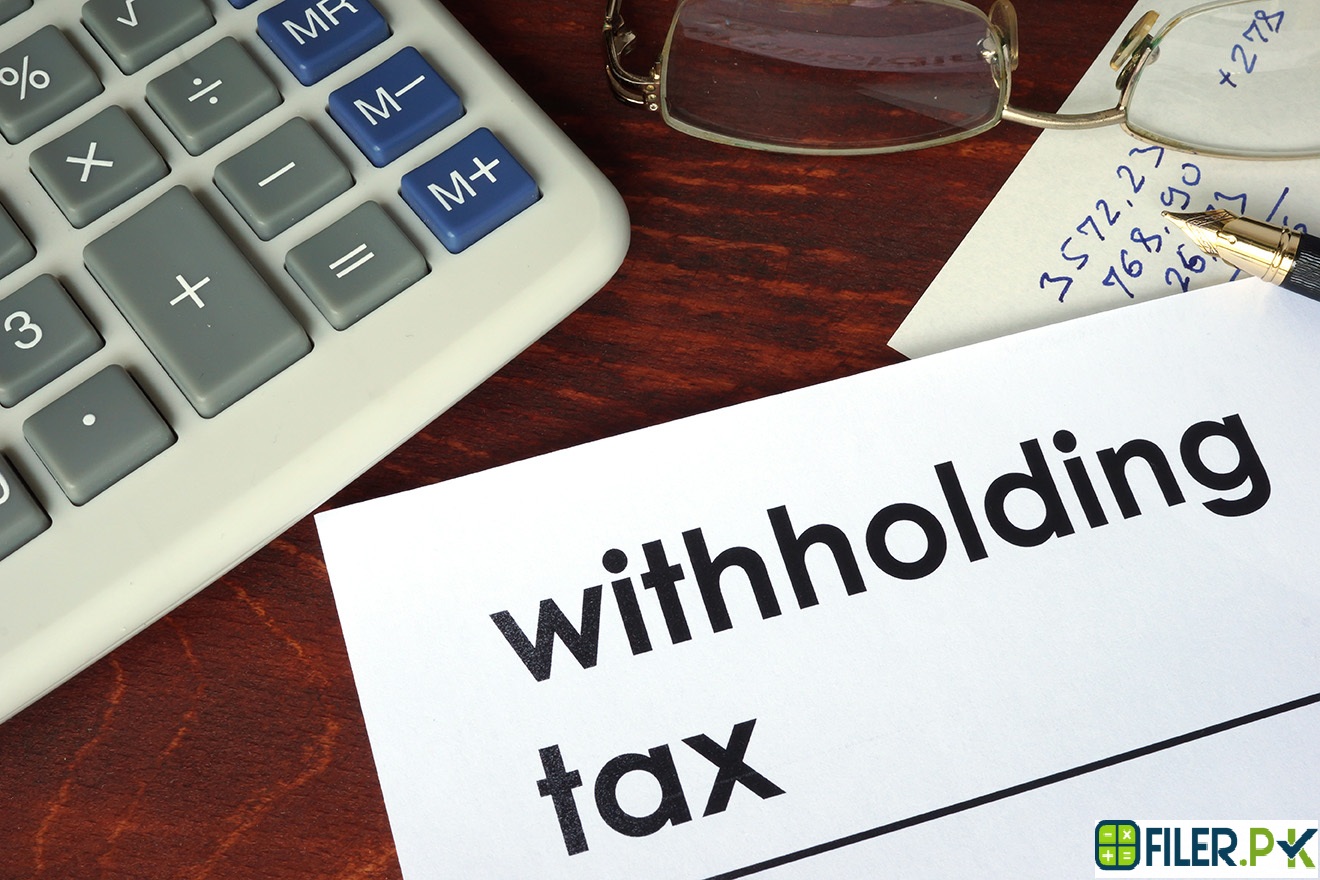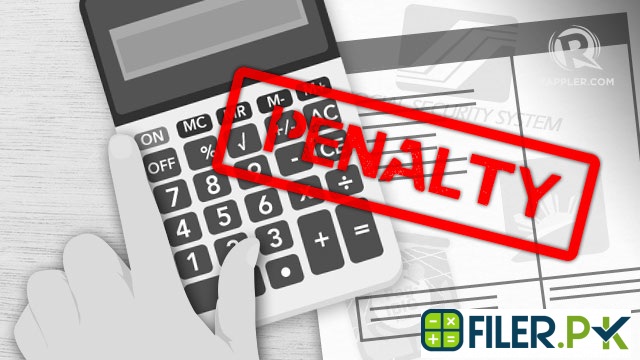
‘Business activities to continue till May 31 as per notified timings’
Business activities all over Sindh will continue till May 31 as per the directives of

Business activities all over Sindh will continue till May 31 as per the directives of

Pakistan Business Council (PBC) has asked the Federal Board of Revenue (FBR) to use stock

Withholding tax is a requirement of government for the buyer of any service or item

Being a responsible Pakistani, if you haven’t filed your tax then you will have to
We’re the first Pakistani site that allows tax filing by people in an easy way. To spread awareness, the concept of tax system also covers a number of issues.
The Business Consultants Suite No. 2, 3rd floor, Haq Center, 5th Road
Commercial Market D-Block, Satellite Town, Rawalpindi
adnan@thebusinessconsultants.pk
adnan.tbc@gmail.com
+92 514 426 579
+92 333 512 8026
Powered by OffSetup